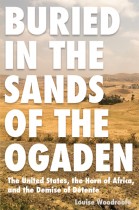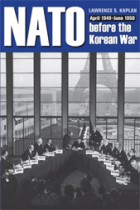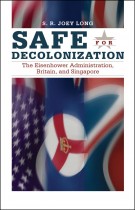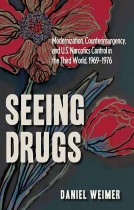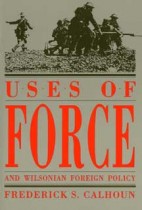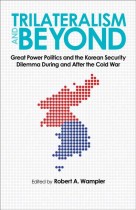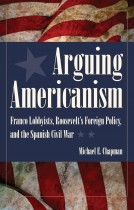Greek-American Relations from Monroe to Truman
Angelo Repousis | Filed under: Diplomatic Studies, New Studies in U.S. Foreign Relations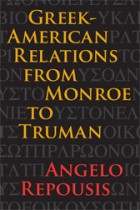
Repousis chronicles American public attitudes and government policies toward modern Greece from its war for independence (1821–1829) to the Truman Doctrine (1947) when Washington intervened to keep Greece from coming under communist domination.

